CLERGY APPOINTMENTS FOR THE ARCHDIOCESE OF ARMAGH
EFFECTIVE 3 SEPTEMBER 2022
Archbishop Eamon Martin announces the following clergy appointments for the Archdiocese of Armagh, effective 3 September 2022.
Archbishop Eamon thanks the priests and deacons of the Archdiocese for their continued ministry and service, and wishes well those who are taking up these new appointments. He also thanks the people of the Archdiocese of Armagh for their ongoing prayers and support of their clergy. He encourages them to welcome their new pastors in the coming weeks.
Rt Rev Mgr Colum Curry, PP, VG, Beragh, to be PE, AP, Kildress/ Lissan
V Rev Patrick McEnroe, PP, Darver & Dromiskin, to be PE, AP, Darver & Dromiskin
V Rev Oliver Brennan, PP, Kilmore, to retire
V Rev Sean McGuigan, PP, Ardboe, to retire
V Rev Gerard Tremer, PP, VF, Lower Creggan (Cullyhanna), to be PP, Ardboe
V Rev Gerard Campbell, PP, VF, EV, Knockbridge and Kilkerley and Adm, Louth, also to be Adm, Darver & Dromiskin
V Rev Michael C. Toner, PP, Portadown (Drumcree), to be PP, Lower Creggan (Cullyhanna)
V Rev Seán McCartan, Ardee & Collon, to be PP, Beragh
V Rev Michael Sheehan, Adm, Holy Redeemer, to be PP, Portadown (Drumcree) and Adm, Kilmore
V Rev Mark O’Hagan, PP, VF, St Patrick’s, Dundalk, also to be Adm, Holy Redeemer, Dundalk
Rev Paul Murphy, CC, St Peter’s, Drogheda, to be CC, Kilmore, and to serve in the Armagh Inter-Diocesan Marriage Tribunal
Rev Maciej Zacharek, CC, St Patrick’s, Dundalk, Director of Studies, Redemptoris Mater Missionary Seminary, Dundalk, also to be CC, Holy Redeemer, Dundalk
Rev Michael Darko, on loan from the Diocese of Wiawso, Ghana, CC, St Patrick’s, Dundalk, until 30 June 2022, returning to his diocese
Rev Shajan Panjachickal Michael, on loan from the Eparchy of Kothamangalam, India, CC, Holy Redeemer, Dundalk, to complete his term in the pastoral care of the Syro-Malabar community
Rev Peter Hassan, on loan from the Diocese of Jalingo, Nigeria, to be CC, St Patrick’s, Dundalk and Holy Redeemer, Dundalk
Rev Piotr Wojtala, on loan from the Diocese of Opole, Poland, to be CC, St Peter’s, Drogheda
Rev Sijo John, on loan from the Diocese of Tellicherry, Kerala, India, to be CC, Louth and to assist in the pastoral care of the Syro-Malabar community
Rev Regi Meladath, on loan from the Archdiocese of Kottayam, Kerala, India, to be CC, Dungannon
Rev Stefano Colleluori, newly-ordained, to be CC, Ardee & Collon
Rev Colm Hagan, newly-ordained, to be CC, Donaghmore and Pomeroy
Rev Stephen Wilson, newly-ordained, to be CC, St Patrick’s, Dundalk, and Holy Redeemer, Dundalk
Deacon Carlos Esteban Rojo, newly-ordained, on loan to Diocese of Dromore
Deacon Patrick Butterly, newly-ordained Permanent Deacon, to serve in the Parish of Termonfechin
Deacon George Kingsnorth, newly-ordained Permanent Deacon, to serve in the Parishes of Dromintee and Faughart
Deacon Eunan McCreesh, newly-ordained Permanent Deacon, to serve in the Cathedral Parish, Armagh
26 July 2022




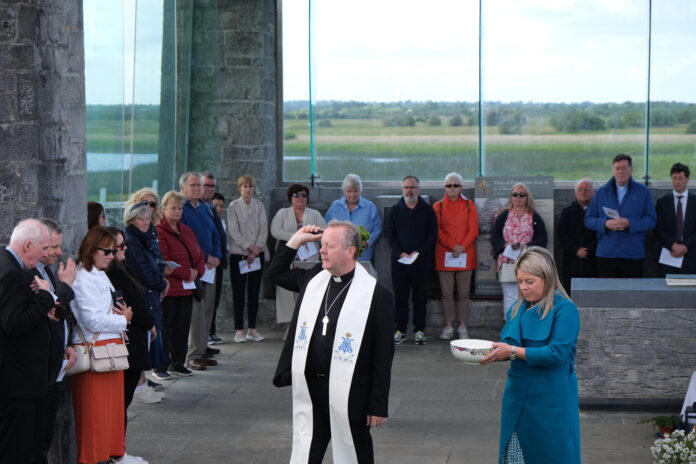
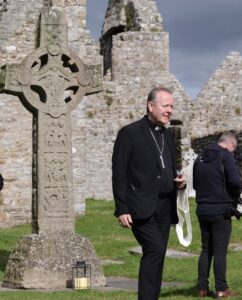
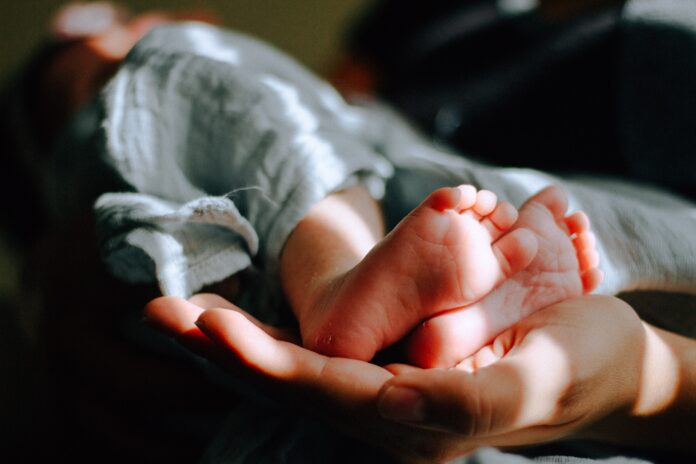

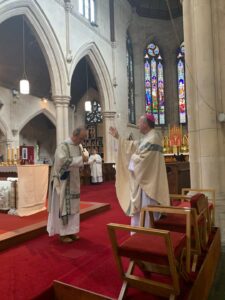
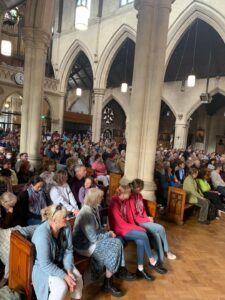
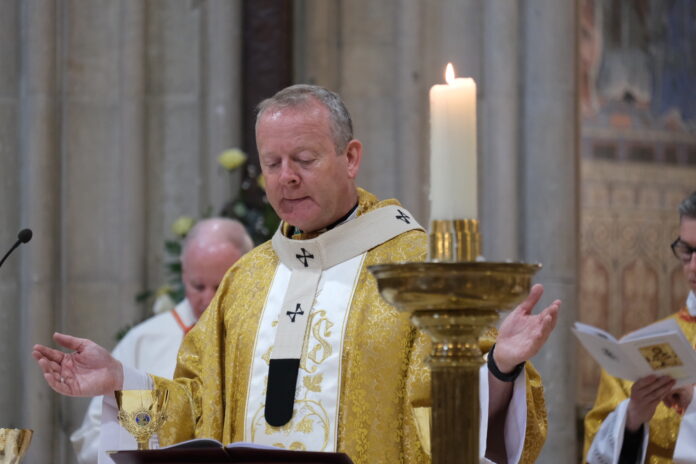
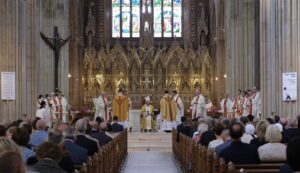
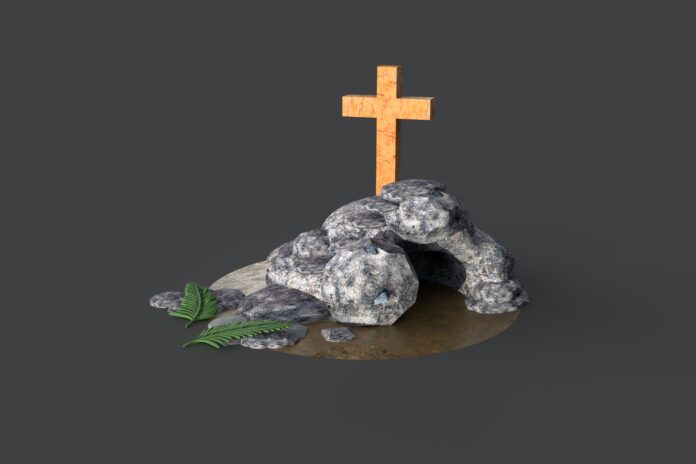
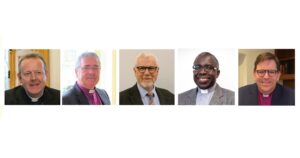
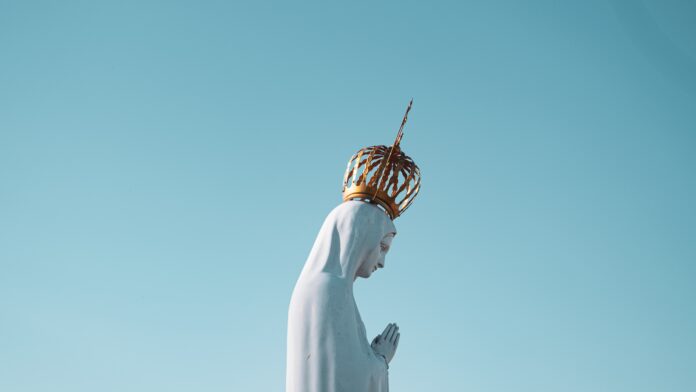

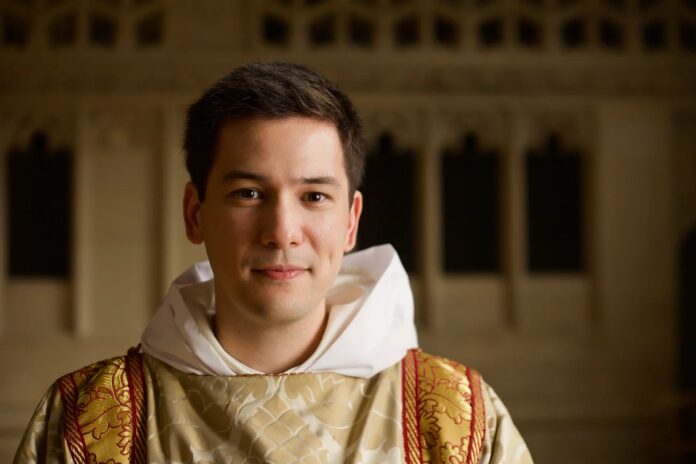
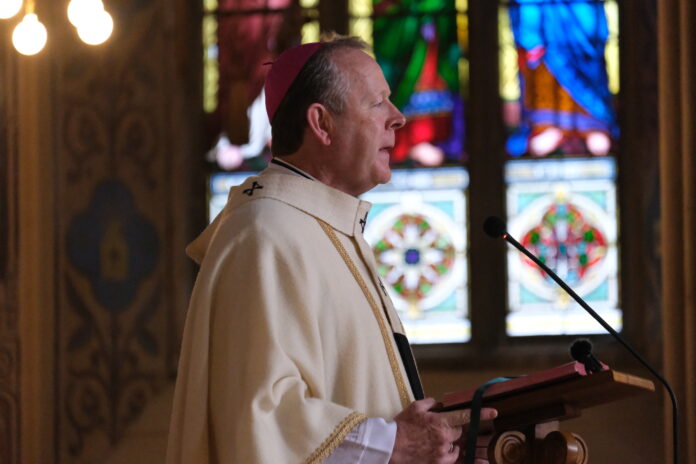
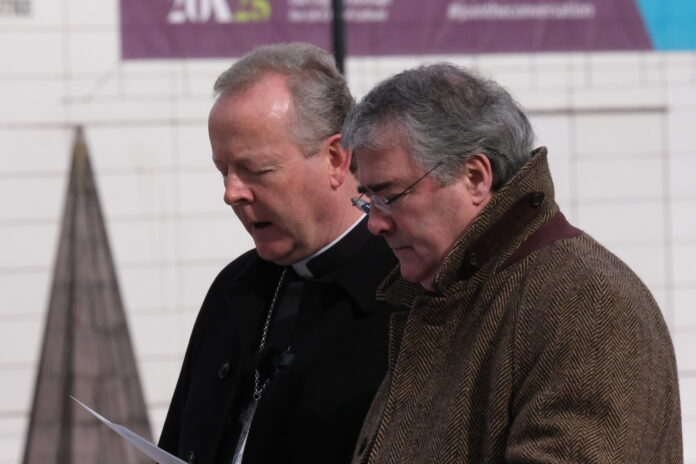


You must be logged in to post a comment.